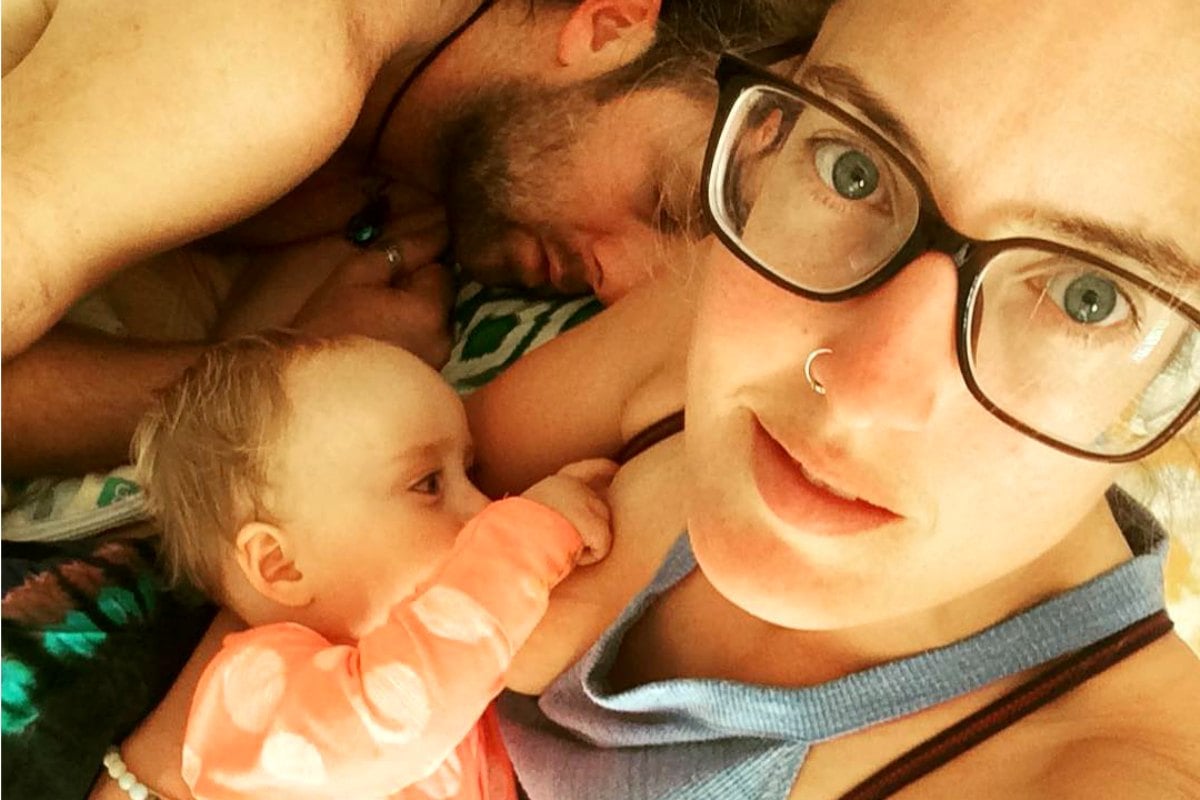
Content warning: This post contains mentions of disordered eating and may be triggering for some readers.
As a piece of toast was hurled across the room because it wasn’t the right bread and the butter had been spread a millimetre too thick, I had a flashback to fifteen years earlier – before I became a parent to a two-year-old with very specific eating habits.
This scene was eerily similar to a moment in my childhood home, except back then I was the instigator – an 18-year-old in the grips of anorexia projecting a plate of toast across the dining room because the butter was visible instead of transparent.
I can still picture the heartbreaking look in my father’s eyes after he’d painstakingly made the one meal I’d agreed to eat – the only solid food that would pass my lips for the next seven days. The failure he felt. His helplessness and despair.
A decade after recovering from anorexia, my family rarely talk about my ‘starvation years’ because it’s so far behind me. I’d also rather not think about the pain I caused them, the arguments, the lies, or the day my older sister took me to hospital.
And, then I gave birth to a picky eater.
Team Mamamia confess: the time I felt like a terrible parent:
